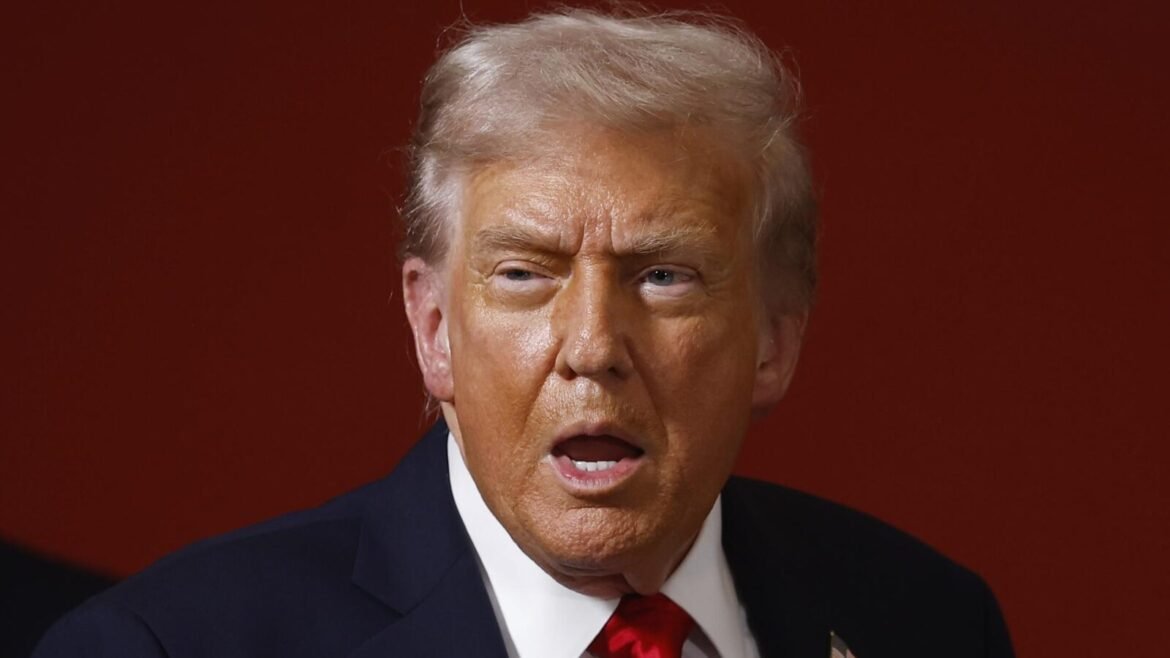United States President Donald Trump said this Saturday that he may reduce tariffs on Brazil if there are “appropriate circumstances”. He did not specify what these criteria would be.
Trump, like Lula, will participate in a summit with Southeast Asian leaders this weekend. The expectation is that the two will have a private conversation during the event.
According to Trump, a meeting with the Brazilian president is likely. “I think we will meet, yes. We have already met briefly at the United Nations General Assembly,” said the American president, aboard the presidential plane Air Force One.
Lula’s advisors have not yet confirmed the meeting.
Asked about the possibility of reducing tariffs by 50% on imports from Brazil, the American leader gave a short answer and said he was willing to do so “if the appropriate circumstances present themselves.”
The presidents of Brazil and the United States will participate in the Association of Southeast Asian Nations (ASEAN) summit, which takes place from October 26th to 28th.
Brazil and the USA are experiencing an unprecedented diplomatic crisis after the American president imposed 50% tariffs on most Brazilian products, citing the trial of former president Jair Bolsonaro for an attempted coup d’état and the tariffs applied by Brazil to American products.
Lula meets with the president of Malaysia
President Luiz Inácio Lula da Silva is already in Malaysia. This Saturday, he met with the country’s prime minister, Anwar Ibrahim. In a speech alongside the head of government, the PT member defended free trade.
“The world needs peace, not war. The world needs free trade, not protectionism. The world needs more food and fewer weapons,” he said.
Lula, who highlighted the parallels between his life and Anwar’s trajectory, also said that the UN Security Council “does not work”, pointing to permanent members as instigators of wars.
“The multilateral institutions that were created to try to prevent these things from happening no longer exist. (…) All recent wars were determined by people who are part of the UN Security Council”, he stressed.
During the meeting, the countries’ governments signed seven bilateral agreements in areas such as semiconductors, science, technology and innovation, among others.

